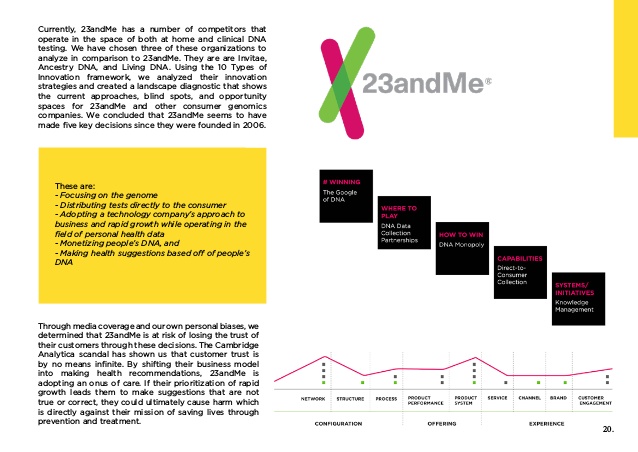
 The ocean breeze feels cool on your face. The fragrant tropical fauna is gorgeous. The local cuisine has been an adventure for your palate. For the past year, you’ve planned this vacation. You’ve researched all the attractions and planned out your out your itinerary down to each meal. But, you never planned on this. Suddenly, in the middle of paradise you become desperately ill. The doctors have tested you for everything they can think of but are stumped. They think it may be an infection, but you could be allergic to the antibiotics they give you. What you need is immediate access to your medical records, immunization history and allergy information.
The ocean breeze feels cool on your face. The fragrant tropical fauna is gorgeous. The local cuisine has been an adventure for your palate. For the past year, you’ve planned this vacation. You’ve researched all the attractions and planned out your out your itinerary down to each meal. But, you never planned on this. Suddenly, in the middle of paradise you become desperately ill. The doctors have tested you for everything they can think of but are stumped. They think it may be an infection, but you could be allergic to the antibiotics they give you. What you need is immediate access to your medical records, immunization history and allergy information.
Search engine giant, Google, has continually provided innovative new services for Internet users and Google Health is about to break through as the next Big Thing. Other companies, like GE have developed this technology within medical facilities, but none has provided this valuable information to patients themselves.
Google Health is free to any individual with a Google username. Personal information is never shared and the user is the only person with access to his or her account. Google Health has partnered with hospitals labs and pharmacies across the U.S. to allow medical records and prescription information to be imported to your personalized profile. Users can check drug interactions and even search for doctors and hospitals (Google Health, 2008).
Privacy is stressed throughout the website and the privacy policy is linked prominently to nearly every page. Security of such personal information will be a continuous challenge for Google Health. Users must weigh the benefits of the services provided by the site versus the risk to one’s private medical information being leaked to unauthorized users.
Google Health is not the universal solution to a deeply flawed healthcare system. There is no substitution for genuine human interaction between medical professionals and patients. However, high quality communication is all too often a lofty ideal, and patients are left feeling in the dark about their own health.
So, why will Google Health become the next Internet craze? Patients are tired of the relentless bureaucracy of medical institutions, pharmacies, and insurance companies. One’s personal health is reduced to a numbered file to be passed from provider to provider with very little input from the patient in question. Google Health provides its users with a sense of control over their health care. If the patient changes insurance and must choose a new provider, accessing the patient’s history is as simple as the patient entering his or her username and password. Such would be the case in a vacation medical emergency.
Back to the vacation nightmare: as you lay in pain in a foreign hospital, you tell the on-duty physician that you have a Google Health account. The doctor looks relieved and sends for a laptop so you can access your information. With this added insight, you are treated more appropriately and efficiently. Soon you are enjoying the rest of your vacation relaxing on the beach.

